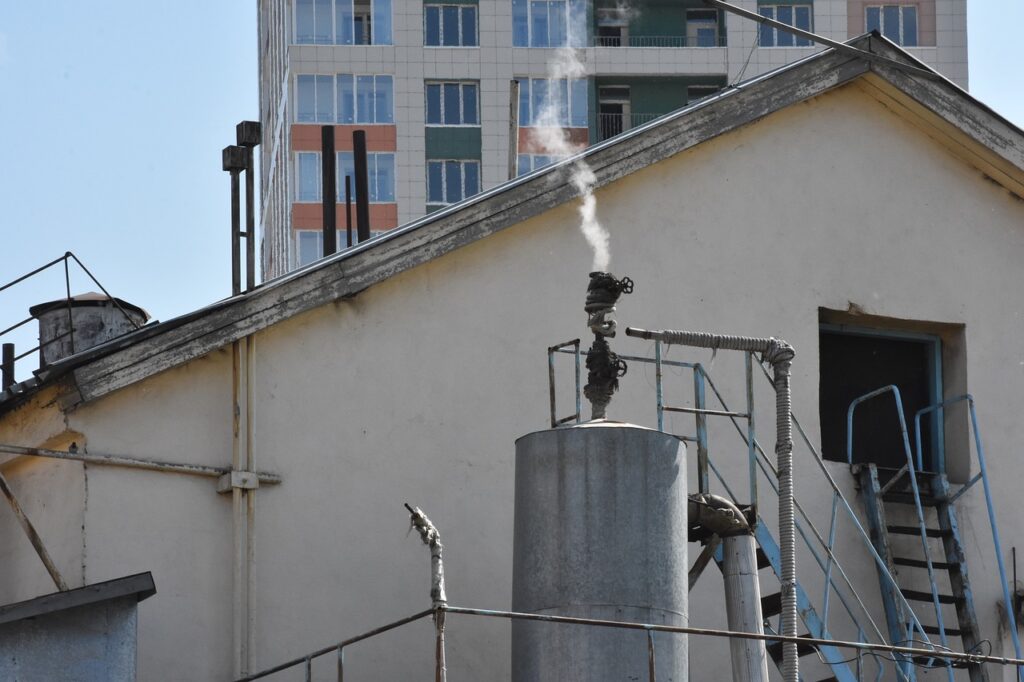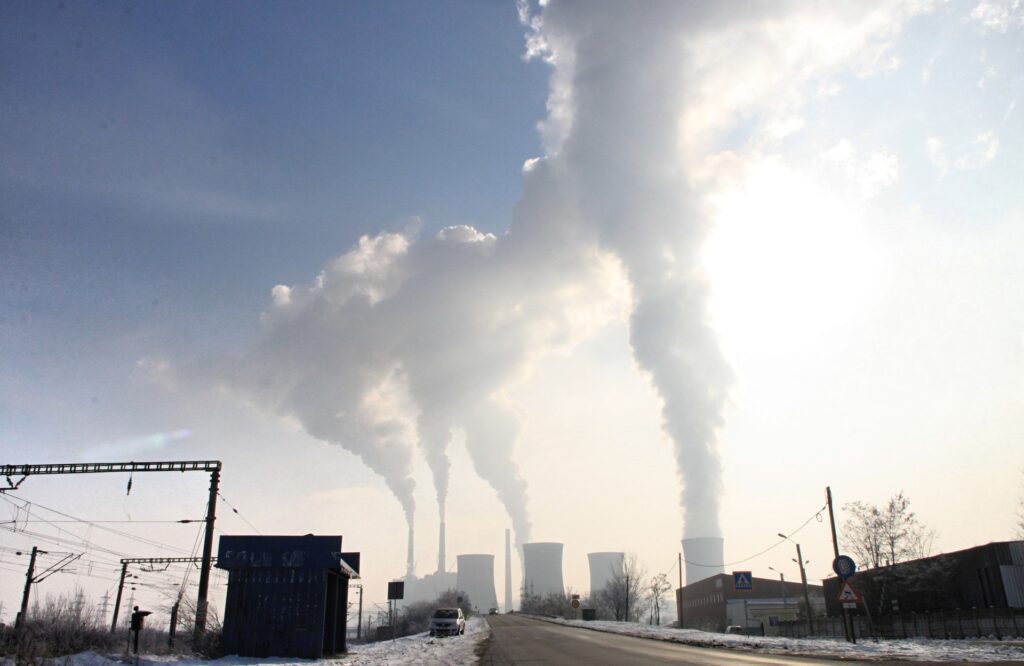- Climate justice activists claim equity should be prioritized over alternative fuels with respect to the state’s proposed “Clean Heat” standard.
- Lower-income residents are more likely to live in some of the state’s oldest and less efficient buildings and have less money and power to weatherize homes and upgrade heating systems.
- More than 80% of the state’s homes were heated primarily by fossil fuels in 2020. Switching to renewable energy sources will help Massachusetts reach its carbon-neutral target by 2050.
By: Energy News Network | January 7, 2023
Massachusetts climate advocates say a clean heat standard proposed by state officials could fail to create meaningful progress toward decarbonization if it overvalues alternative fuels and doesn’t prioritize equity…
In January 2022, then-Gov. Charlie Baker convened a Clean Heat Commission to develop strategies for decarbonizing the state’s building sector, which accounts for about 40% of its total emissions. Among its final recommendations released in November was the adoption of a clean heat performance standard…
As Massachusetts pursues its target of going carbon-neutral by 2050, buildings will be a major challenge. As of 2020, more than 80% of the state’s homes were heated primarily by fossil fuels. Switching to electric space and water heating would allow them to be warmed by electricity that includes an ever-increasing proportion of wind, solar, hydro and other renewable power…
Questions of equity
Another major concern is equity. Lower-income residents are more likely to live in some of the state’s oldest and draftiest buildings, while, at the same time, having less money and power to weatherize their homes and upgrade their heating systems…
A study by the Regulatory Assistance Project, prepared as part of the development of the 2022 Massachusetts Clean Energy and Climate Plan, suggests other ways a clean heat standard could promote environmental justice. The standard could include a carve-out requiring that an increasing percentage of clean heat credits come from projects serving low- and moderate-income homes, for example. Or the parties required to meet the clean heat standard could receive bonus credits for reaching a certain threshold of credits from projects supporting disadvantaged residents…



